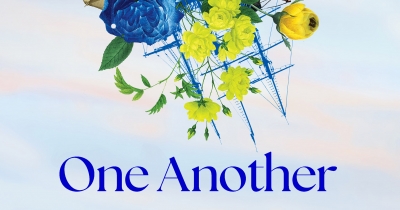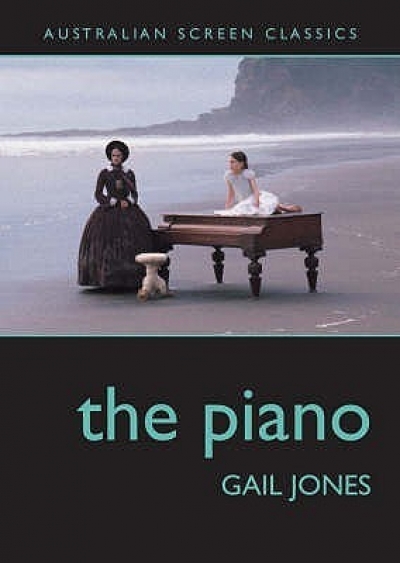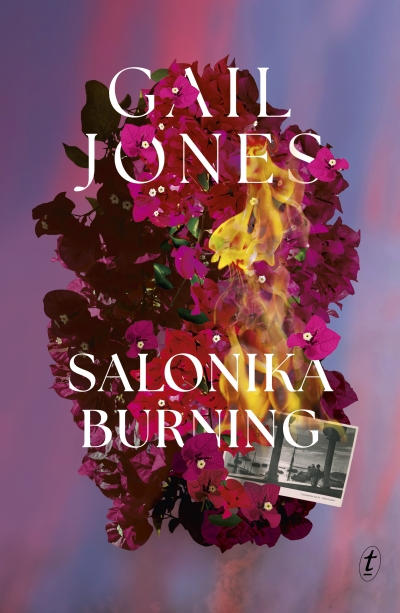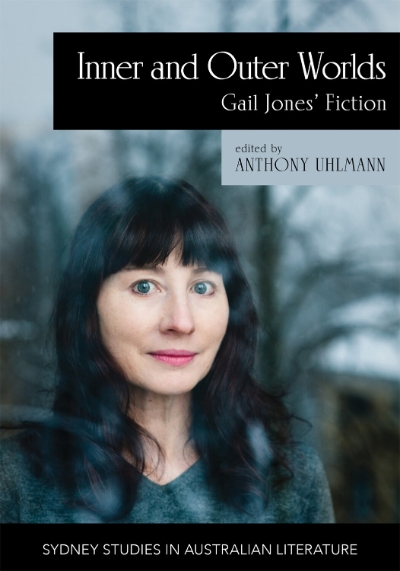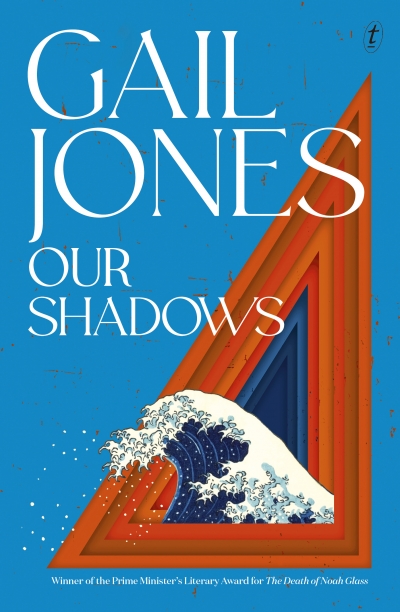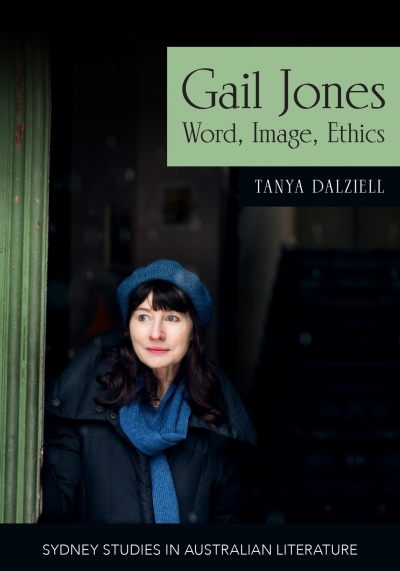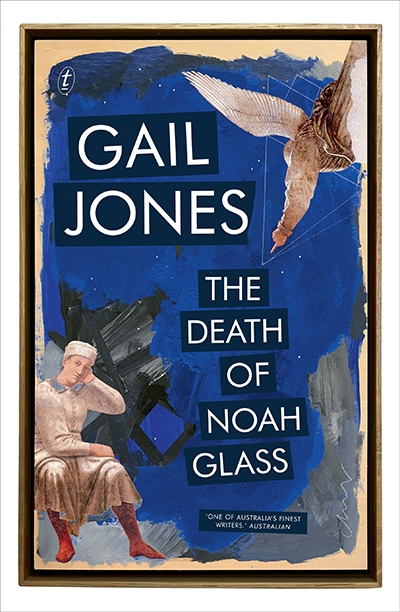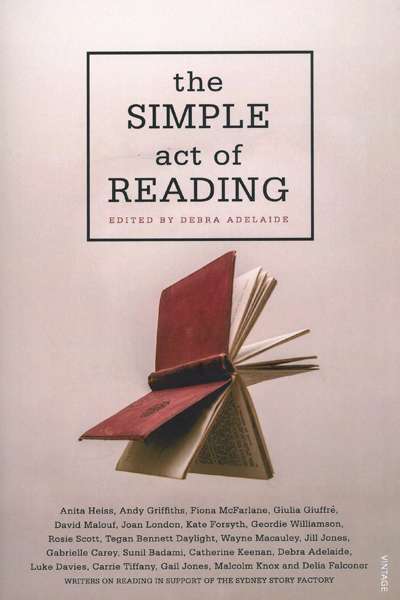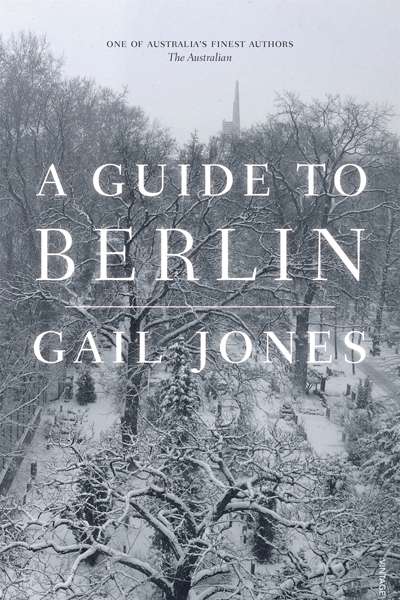Gail Jones
Inner and Outer Worlds: Gail Jones’ fiction by Anthony Uhlmann
by Julieanne Lamond •
We invited some writers, film critics, and film professionals to nominate their favourite film – not The Greatest Film Ever Sold, but one that matters to them personally.
... (read more)The Simple Act of Reading edited by Debra Adelaide
by Gillian Dooley •

